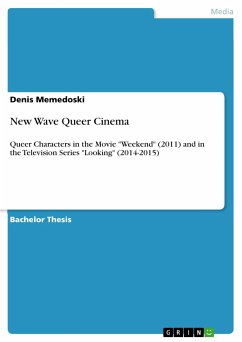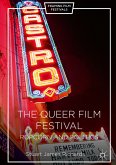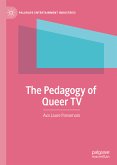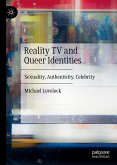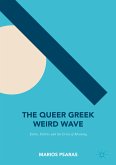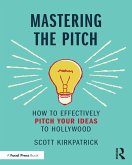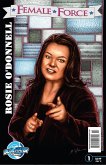Bachelor Thesis from the year 2015 in the subject Film Science, grade: 1, University of Salzburg, language: English, abstract: This thesis will deal with the term New Queer Cinema, its history, and how the "new wave" is different, as well as discussing where "queerness" occurs in non-queer television shows. Furthermore, it will analyze New Wave Queer Cinema in the examples of "Weekend" and "Looking" with a look on film aesthetics and the issues that arise in their plots. Moreover, an analysis on the coming out stories of some of the characters in both Weekend and Looking will help to display the significance in bringing issues to the viewer in the form of New Wave Queer Cinema. Covering articles by scholars, critics and writers like B. Ruby Rich, James Morrison, Monica B. Pearl, and Helen Hok-Sze Leung, among others, a light will be shed on New Queer Cinema as well as New Wave Queer Cinema. New Wave Queer Cinema, as the name already suggests, derives from New Queer Cinema; a movement prevalent in the very late 1980s and the 1990s. What it tries to do is to portray its characters not in a comical light, like the gap between the two movements seems to suggest, but in an authentic and realistic light. What makes Looking furthermore special is that it is one of its kind. There are no other television shows that have featured gay main characters in a realistic setting before. There might be "Queer as Folk" (2000-2005) or "Will & Grace" (1998-2006), but neither can be described as New Wave Queer Cinema. However, still not being the norm in media or beyond, New Wave Queer Cinema tries to overlook that specific detail and tries to handle the stories it tells in a way that does not solely highlight the "queerness", but tries to be about the people it talks about. But where there is "queer", it is easy for a general audience to dismiss it. It seems that it will take much more time for people to realize that queer films, literature, and even lifestyle are nothing to frown upon and that they are here to stay.
Dieser Download kann aus rechtlichen Gründen nur mit Rechnungsadresse in A, B, BG, CY, CZ, D, DK, EW, E, FIN, F, GR, HR, H, IRL, I, LT, L, LR, M, NL, PL, P, R, S, SLO, SK ausgeliefert werden.

